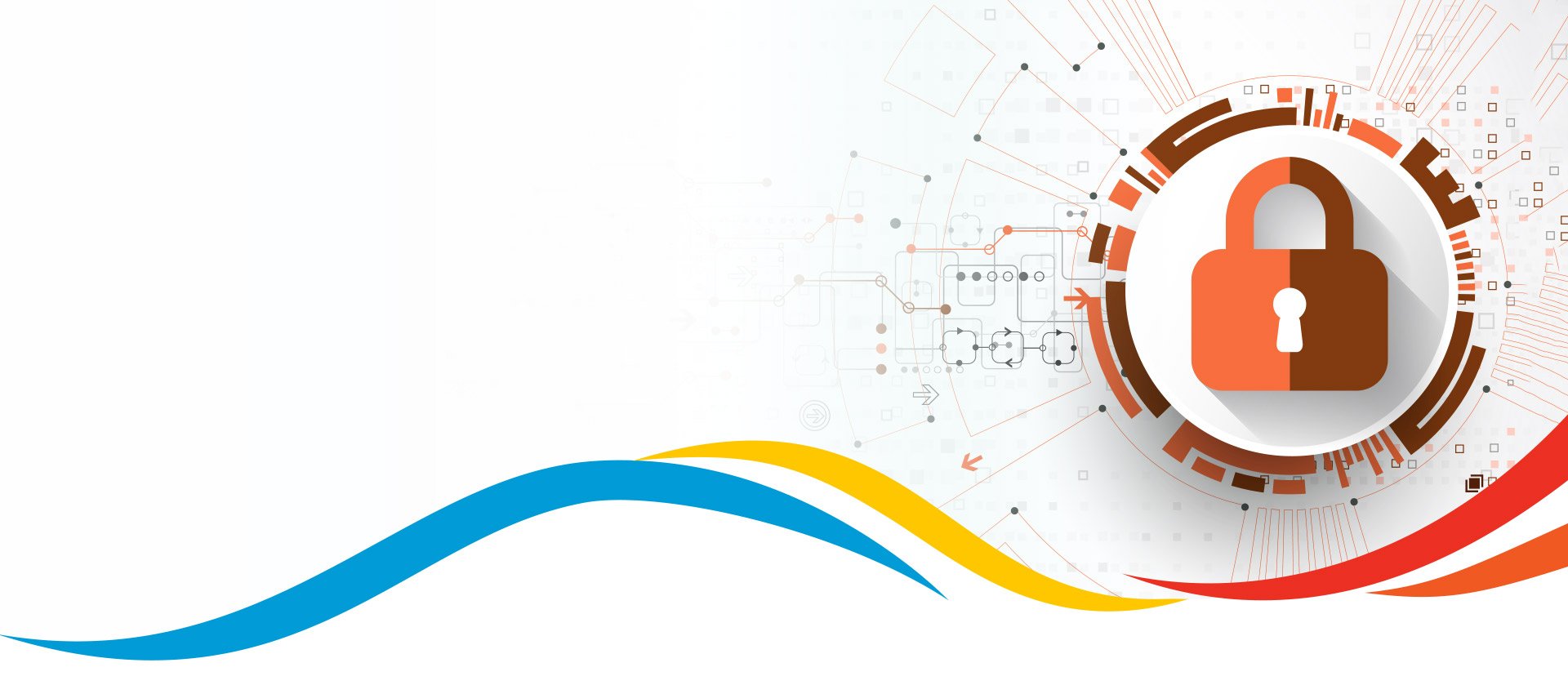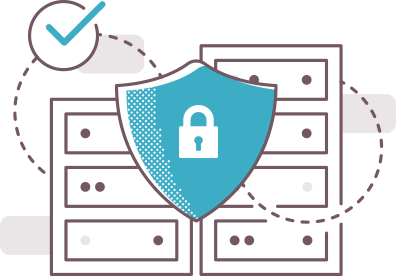Get Appointment
- contact@wellinor.com
- +(123)-456-7890

Cyber Security & Risk
The definition of cybersecurity used to be something around the protection of information systems from theft, damage, disruption or misdirection.
Why Cyber Security?
The mandate of being secure and risk-proof is more ruthless than ever, in today’s fast-paced, software-penetrated, tightly-integrated and wide-spread fabric of enterprise IT. An attack can steal information, make malicious changes, bring business to a grinding halt and wreak damage to efficiency, image, and business-credibility in a matter of nanoseconds. It is crucial to be agile and alert for a range of attack vectors, DOS jolts, ransomware situations, grey-outs or black-outs as well as be well prepared for compliance expectations.

Risks
Mala fide elements can aim at a pervasive and diverse range of targets in and around your enterprise
How Vuesol Works
We think from the other guy’s side. We assess and anticipate every possible nook and vulnerability that can expose your organization to serious risks. Our teams and solutions leave no stone and rigor untapped to let you expand, grow and venture forth with confidence. We also balance recovery, resilience, and compliance into the security strategy of today’s enterprise. Security, in our reckoning, should be a wingman and not a speed-breaker. We make sure that your security wherewithal never intercepts user experience, customer satisfaction, speed, fluidity and market leadership.

FAQs
What is the best way to improve cyber security?
The best way to improve cyber security are as follows:
1. Enforce Password Rules: One of the first lines of defense against breaches is a strong password, and updating it periodically can help keep hackers out. But even when asked, most employees will not voluntarily change their password. Require frequent updating of passwords, and instruct users on how to create and remember strong passwords.
2. Update Continuously: Any connection to the Internet is vulnerable, and hackers often try to exploit this weakness. Update all connections, operating systems, and applications with the latest fixes as needed. Software and system security upgrades should be implemented as soon as possible to reduce vulnerability risk.
3. Use a VPN for every connection: Networks that are fully protected by normal security measures are more open to intrusion. Implement virtual private network (VPN) connections between office sites, and make it simple and essential for mobile workers to join open Wi-Fi networks.
4. Terminate all remaining services: Deactivate application, log in, and user credentials associated with limited-period products when they reach the end of their shelf life. Turn off any UC deployment features you are not using, such as video chat tools, to further restrict unauthorized access to the business.
How do cybersecurity services help my business
Cyber security solutions provide digital protection to your business and ensure your employees aren’t at risk from potential threats such as Adware and Ransomware. It helps to increase productivity by removing viruses that can slow down computers to a crawl, making work practically impossible.
What is the average cost of cyber security services?
On average, the cost of cyber serurity services, for a small network, the cost of monitoring might can be as little as $100 per month or as high as $2,000 per month, depending on the size of the network.
What are the benefits and risks of cyber security management in a bank?
It is crucial to protect the bank’s brand and customer information. Banks should give their customers advice on protecting their data to prevent cybercrime.
In a cyber attack, the loss will not affect the bank only. Hackers stealing data and money through digital apps pose a serious online threat. To prevent hackers from breaking into company networks and stealing consumer data, cyber security has devised such employment and management strategies. Banks have changed their banking technology to protect themselves and their customers from these threats.
In addition to adhering to the laws and norms set forth by the government, banks have established their guidelines. The government has the authority to punish or even shut down a bank for failing to protect the data and money of its customers.
What is cyber security risks?
The potential for exposure, loss of sensitive information and critical assets, or reputational damage as a result of a cyber attack or network breach within a company is known as a cyber security risk. Cyber security should remain a major concern across all industries, and businesses should work to adopt a cyber security risk management strategy to defend against the ever-evolving and growing cyber threats.
What are the challenges and risks of cyber security?
Some of the emerging cybersecurity challenges and risks are discussed below:
1. Ransomware Attack: It is the biggest issue in the digital world. As the word “"ransom"" implies, it involves hackers accessing the user’s private information and preventing them from using it until the hackers are paid a ransom.
2. IoT Attacks: IoT refers to any digital, mechanical, or computer smart device that can send data through a network of internet connections, including laptops and mobile phones. Hackers use gadgets such as wearable smartwatches, baby monitors, smart fridges, or smart lighting to gain access to your devices that contain your personal information.
3. Cloud Attacks: A Cloud Cyber Attack is any cyber attack that targets off-site service providers that use their cloud infrastructure to provide hosting, computing, or storage services.
4. Phishing Attacks: Phishing is a type of cyber security attack where malicious actors masquerade as a trusted person or organization. A user may be tricked by phishing communications into downloading harmful software, clicking on dangerous links, or revealing personal information such as login credentials.
What is cybersecurity services?
Cyber security services are specialist engagements created to help firms manage and reduce the risk and effects of cyberattacks. The cyber security solutions from Vuesol are made to assist businesses in protecting, detecting, and responding. Organizations can defend against threats on endpoints, across the surface web, and throughout the deep and dark web with the proper combination of cyber security services, including advisory services, proactive assessments, managed detection and response, incident response, and breach notification.
Why cybersecurity is important in the financial services industry?
Trusting financial institutions after data breaches can be challenging. This is a major issue for banks. A data breach due to shoddy cyber security solutions can easily lead to their consumer base taking their business elsewhere and you lose time and money.

